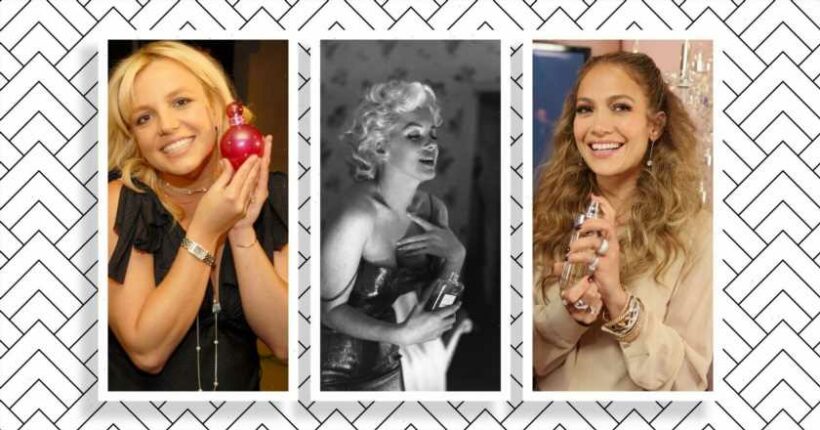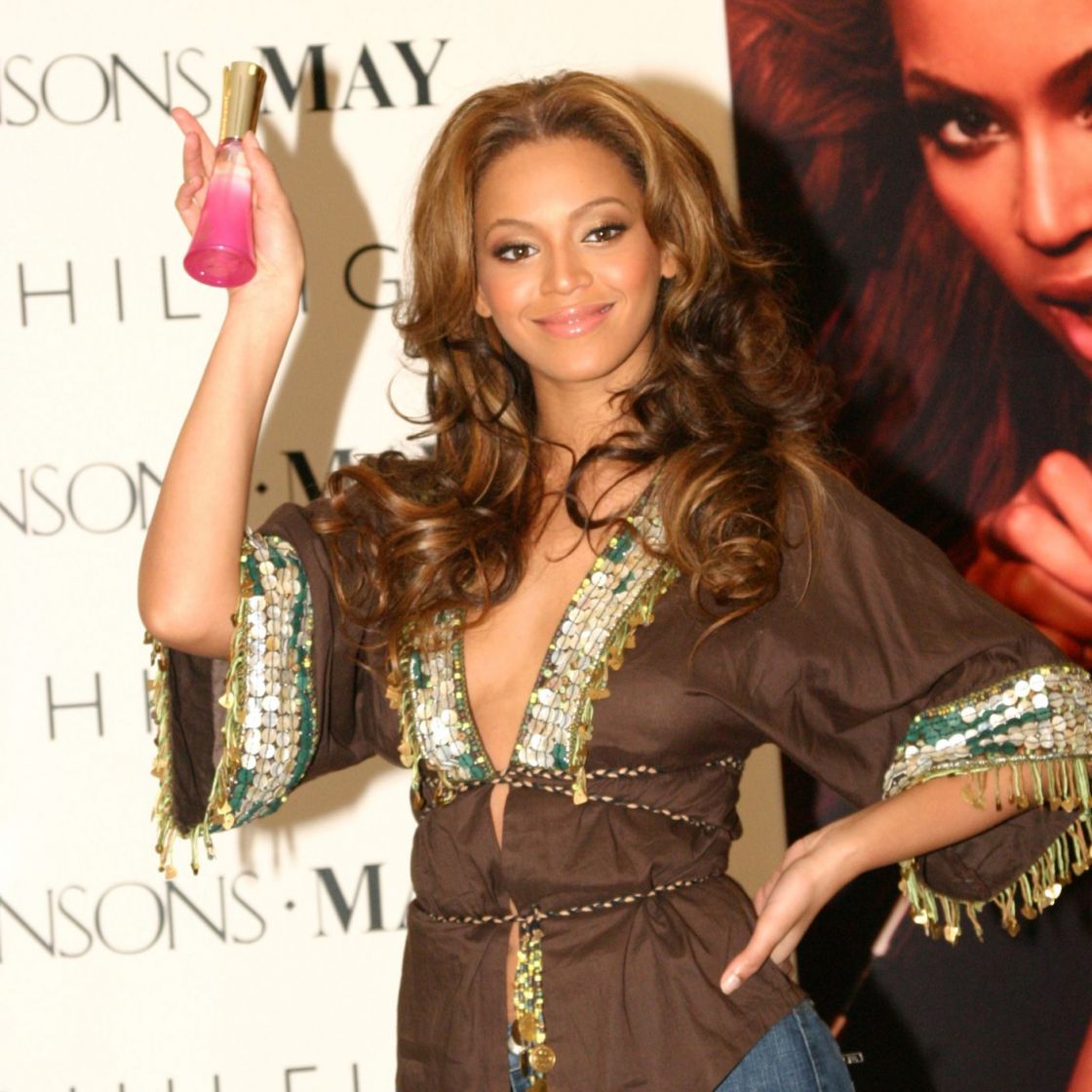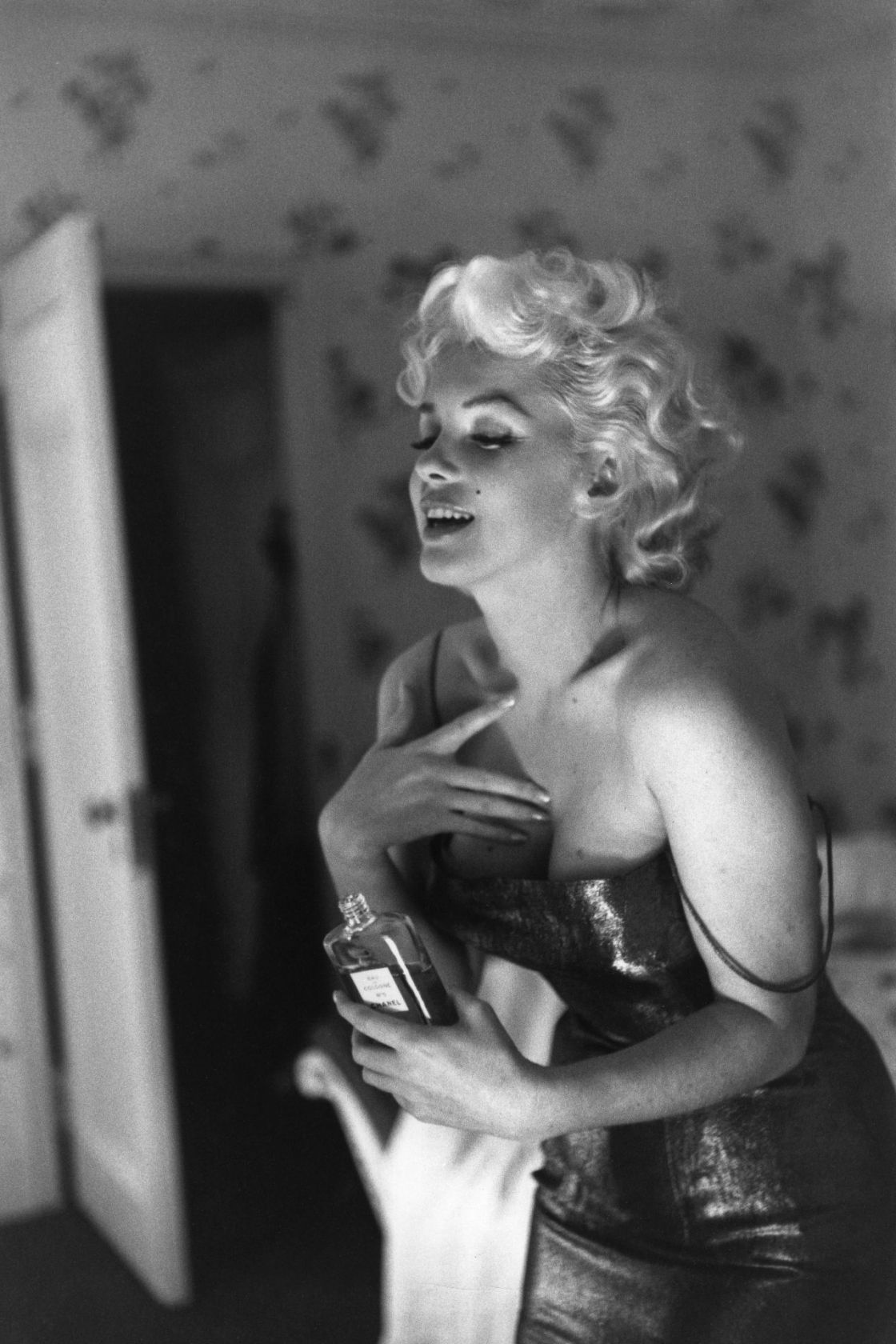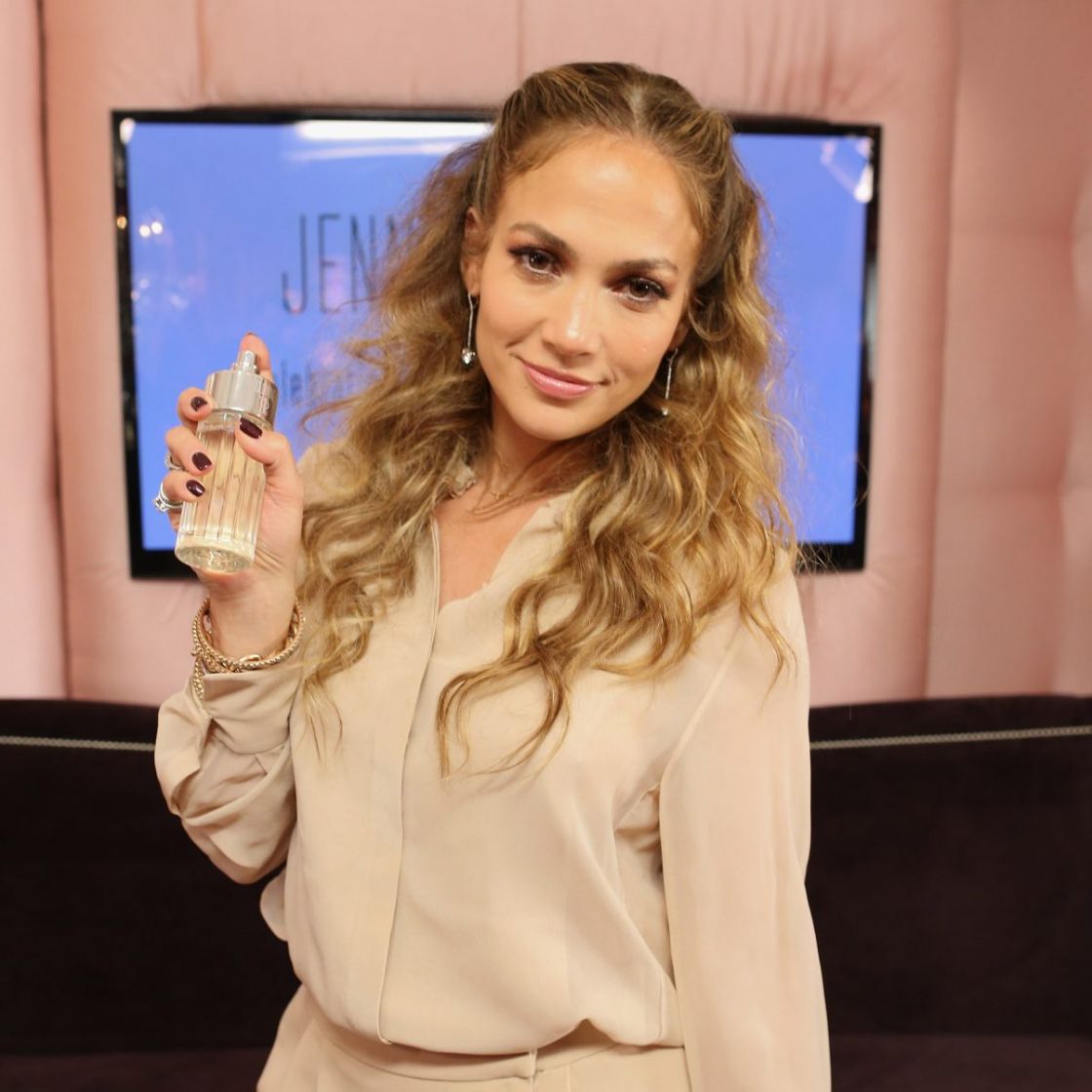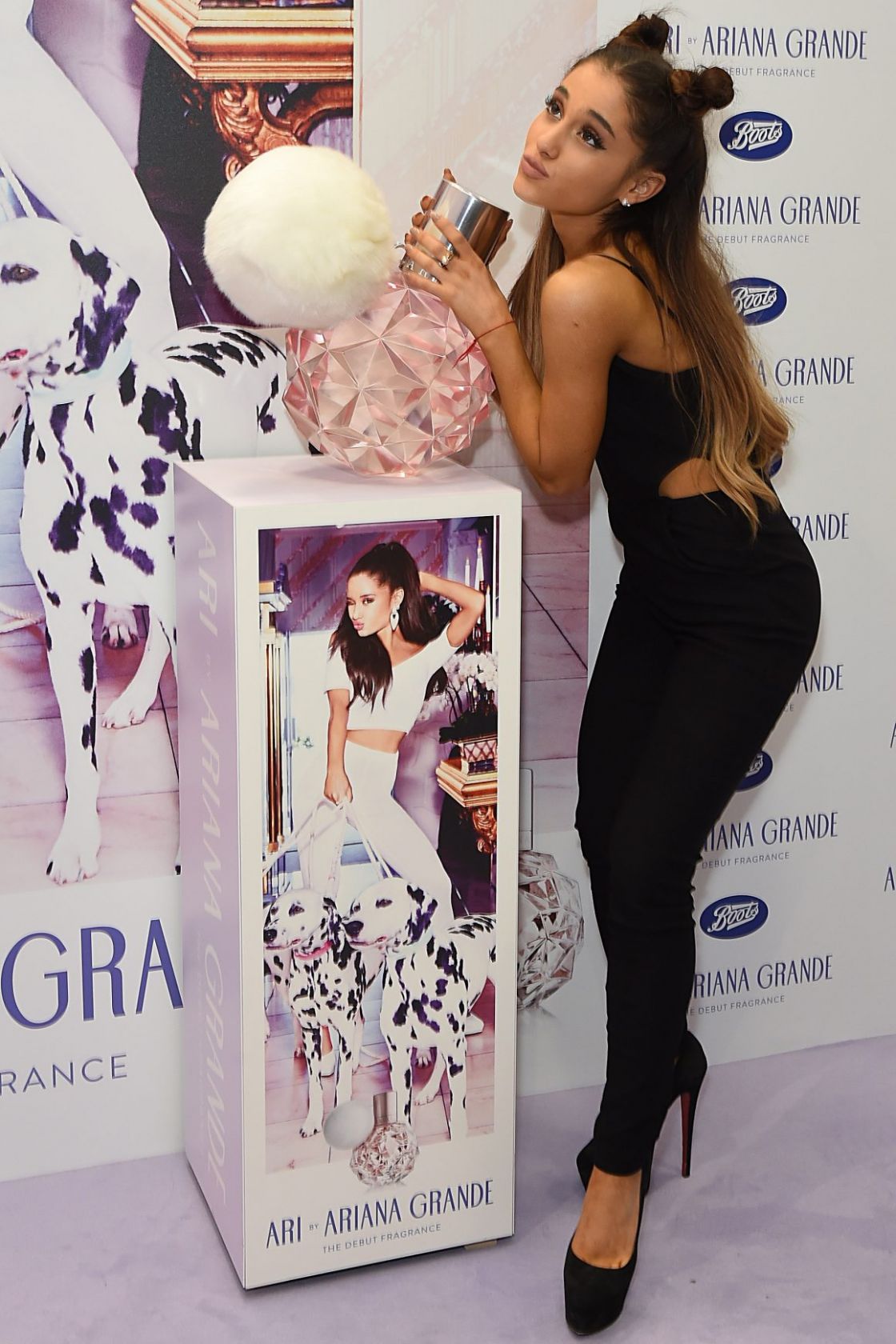Written by Serena Smith
We’re all familiar with Britney Spears’ Fantasy and Jennifer Lopez’s Glow, but how did we become so infatuated with celebrity perfumes and when did they start becoming such big money-makers for stars? Serena Smith traces the history of celebrity scents and how they’re evolving for a new generation.
When 22-year-old Chloe was a young girl, she would covet her older sisters’ celebrity perfumes. “Especially Britney Spears’ Fantasy,” she recalls. “I remember just being so obsessed with the sweet smell of it and the bowl design. The bright fluorescent pink was so attractive to me when I was five or six years old. I really wanted it.”
“As I got older and into my teens, people started buying celebrity perfumes for me for birthdays and Christmas. I never ended up having Fantasy, but I did have other ones – like Nicki Minaj’s, Beyoncé’s Heat, Katy Perry’s,” she continues. “The one I loved most was Lady Gaga’s Fame because I was a big Lady Gaga fan and I really loved the musky smell, the black liquid and the cool design.”
If you grew up in the 1990s or 2000s, it’s likely that celebrity fragrances were a staple at birthdays and Christmases. It’s a trend that’s set to continue: Gen Z’s sweetheart Billie Eilish recently brought out her own fragrance, Eilish, just in time for the festive season. But when did the craze for celeb scents begin – and why is our thirst for them so insatiable?
Fragrance experts at beauty retailer Justmylook date the advent of celebrity perfumes all the way back to the 1950s. “What really started the craze is Marilyn Monroe with Chanel N°5. Although this wasn’t Marilyn’s own scent, the brand was able to capitalise on her influence and use this to sell perfumes,” the team explains. “This is when the beauty and fragrance industry really started to take notice of the success celebrity fragrances could have, and celebrities started to utilise this technique for themselves.” Notably, towards the end of the decade, Audrey Hepburn became the face of Givenchy’s fragrance L’Interdit.
In 1991, Elizabeth Taylor launched White Diamonds – one of the first celebrity-owned fragrances – but the Justmylook experts cite Jennifer Lopez’s Glow, released in 2002, as the first big celebrity perfume. “This was the start of celebrities realising they could earn big money from this, but also when fans realised they could own something designed by their idol.”
This resonates with Chloe’s experience of buying celeb scents. “It’s sort of merch, but it’s merch that you can use. If you’re a big fan of a celebrity, you’re going to want their perfume,” she explains. “I was a huge Lady Gaga fan as a teenager – and I still am – so when she started bringing out perfumes, I really wanted them because I wanted to support her and I was really interested in what she would put into a scent.”
Kate Nightingale, consumer psychologist and founder of Style Psychology, adds that celebrity perfumes have an attractive, aspirational quality. “Purchasing celebrity perfumes can be related to ‘Ideal Self’: the future dream version of a person’s identity and lifestyle,” she explains. “As a person is working on getting closer to their imagined future, they are using various tools to help them in the process of self-development. One such tool is emulating celebrities’ identities and lifestyle via consumption.”
Lizzy, 24, is another fan of celeb perfumes. She explains that she was partly drawn to Taylor Swift’s Wonderstruck for this very reason: “I was a big fan of her – well, I still am – and I thought it was cool to smell like her, even though I don’t know if she actually wore the perfume,” she says. Nightingale adds that consumers tend to gravitate towards people, brands and celebrities that are similar in personality and values to their own. “In this case however, the similarity more often exists between a customer’s Ideal Self and the celebrity’s perceived identity and lifestyle,” she explains.
The fragrance experts at Justmylook cite Jennifer Lopez, Beyoncé and Britney Spears as the big names that really propelled the trend forward in the early 2000s. “At that point in time, most celebrities stuck to their ‘job’ and didn’t branch out into different businesses or didn’t invest their money, making the perfumes even more exciting for fans,” the team explains. “Perfumes like this are popular because they are an accessible way for fans to relate to their favourite celebrities; their wardrobes are too expensive to copy, but the ability to smell like your favourite celeb is easy as it’s cheaper to buy the perfumes than their designer outfits.”
Lizzy agrees: “Usually celebrity perfumes are pretty affordable and accessible – you can get them in most drugstores and any kind of shop that sells beauty products.” And while celebrity perfumes are attractive to consumers because of their affordable price points, they’re an incredibly lucrative business for celebrities to get into. The Daily Mail reported in 2012 that J-Lo was making £570 an hour from her perfumes alone. The Guardian reckons that the majority of Elizabeth Taylor’s multi-million-pound fortune was amassed through her fragrance empire. It’s estimated Britney Spears makes around $50 million (£36 million) from her fragrances alone every year.
But the market is constantly evolving and consumers’ wants and needs are changing too. While it might have once been enough for a celebrity to simply plaster their name on a product, consumers now want more. “Celebrity fragrances are competing with luxury scents and designer brands; the celebrity name isn’t enough of a selling point anymore,” the Justmylook team explains. “Consumers want to see the celebrity working hard behind the scenes to prove that it is a passion project, not just a scent created by someone else and signed off by the celebrity.”
The industry is adapting to suit consumers in other ways, too. Celebrities are not only required to ‘prove’ that they’ve worked hard on their scents – they also need to be mindful of inclusivity and sustainability. “We have just seen the successful launch of Harry Styles’ genderless beauty line, which has been very well received by the public and we expect to see this expand into the fragrance market soon. These genderless product launches are something we’re seeing a lot more,” according to Justmylook.
“Consumers are also more aware of the impact their purchases have on the environment. Fragrance brands and celebrities need to ensure that they are listening to their customers and taking steps to become more environmentally friendly and cruelty-free.”
It’s worth noting that celebrity perfumes haven’t just made a comeback since their early-00s heyday. They aren’t just a kitschy rehashing of Y2K style, nor are they exclusively for teen girls. They’ve evolved – and are still evolving – which is why consumers like Lizzy and Chloe still own a selection of celeb-owned scents. Lizzy cites Ariana Grande’s recent perfumes as particular favourites, noting that the fragrances smell more refined and also last well throughout the day. “The scents aren’t just typically sweet and girly. You can really distinguish the top notes from the middle and base notes,” she says. “I don’t feel embarrassed to say I use Ariana’s perfumes.”
Ultimately, no one should feel ashamed to buy a celebrity perfume. With their ever-increasing focus on sustainability, quality, and affordability – really, what’s not to love?
Images: Getty
Source: Read Full Article
